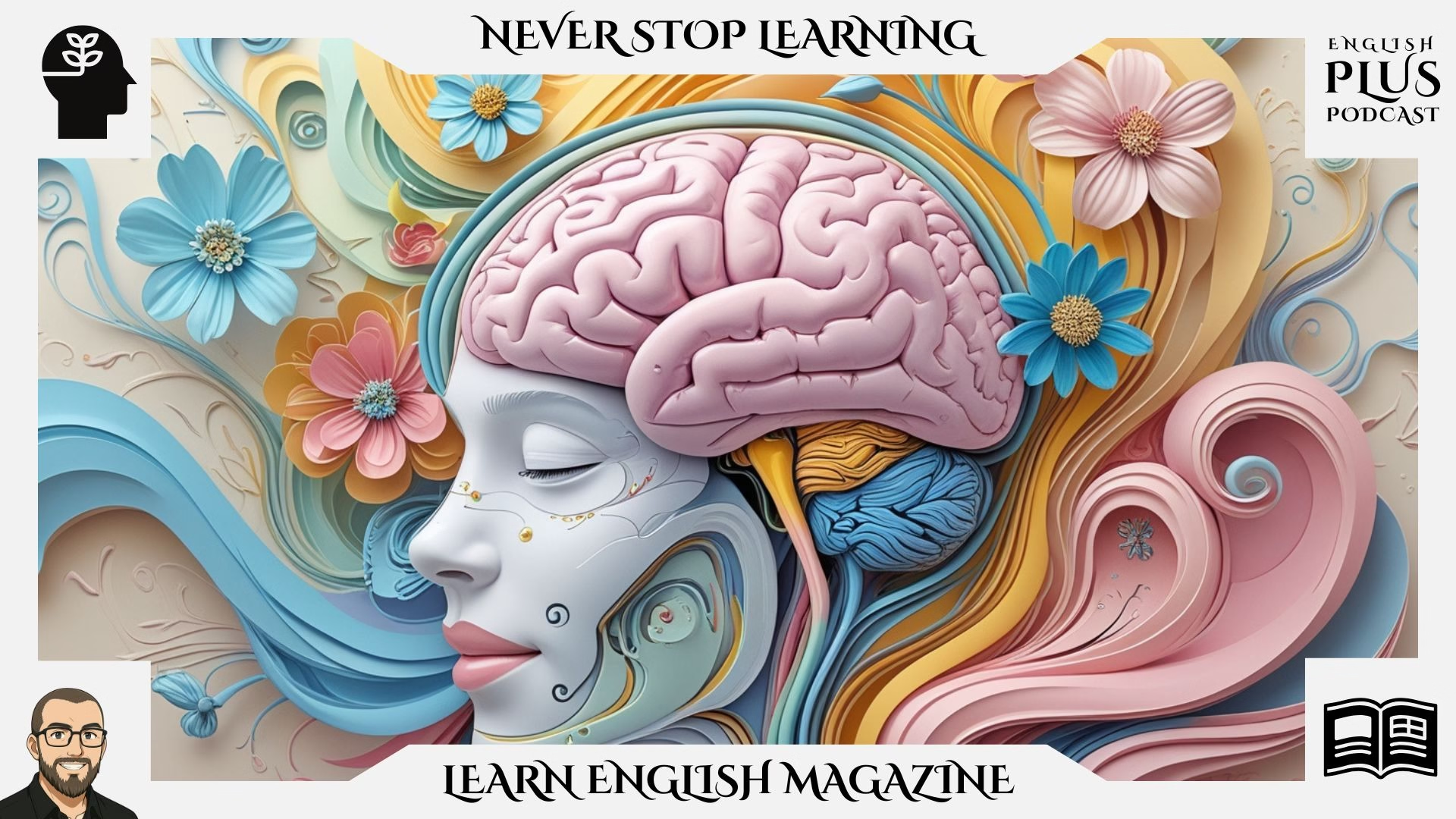Welcome! Reading sections in international English exams test your ability to understand academic texts quickly and accurately. They assess skills like finding main ideas, understanding details, inferring meaning, and comprehending vocabulary in context. Success requires not just understanding English, but also using effective reading strategies under time pressure.
Top Reading Strategies for Your Exams:
- Predict Content: Look at the title and any headings. What do you already know about the topic? What kind of information do you expect to find? This activates your background knowledge.
- Identify Main vs. Supporting Ideas: Distinguish between the central point of a paragraph (main idea) and the details, examples, or explanations that support it.
- Recognize Text Structure: Is the author defining a concept, explaining a process, comparing theories, or presenting research findings? Knowing the structure helps you anticipate information.
- Infer Author’s Purpose: Ask yourself why the author wrote the passage or included a specific piece of information. Was it to inform, persuade, critique, or define?
- Handle Difficult Vocabulary: If a word is crucial and you can’t guess its meaning, quickly check the options in vocabulary questions to see if they provide clues, but prioritize understanding the overall sentence meaning.
- Practice Active Reading: Engage with the text by asking questions, summarizing sections, and connecting ideas as you read.
Time Management Practice: For this passage on the Psychology of Happiness and the 10 questions, aim to complete the task in approximately 15-18 minutes.
Now, read the following passage.
Reading Passage: The Psychology of Happiness
For centuries, the nature of happiness was primarily the domain of philosophers and theologians. However, in recent decades, psychology has turned its scientific lens towards understanding well-being, giving rise to the field of positive psychology. Rather than solely focusing on mental illness and dysfunction, positive psychology investigates the factors that enable individuals, communities, and societies to flourish. Central to this field is the empirical study of happiness, often referred to scientifically as subjective well-being (SWB).
Subjective well-being is typically conceptualized as having three main components: frequent positive affect (experiencing positive emotions like joy, contentment, affection), infrequent negative affect (experiencing negative emotions like sadness, anger, fear less often), and high life satisfaction (a cognitive evaluation or judgment of one’s life as a whole). Research across diverse cultures has sought to identify the correlates and causes of SWB, revealing a complex interplay of internal factors (like personality and genetics) and external circumstances (like income, health, and social relationships).
Intriguingly, research consistently shows that external circumstances, while certainly influential, often have a less potent and less enduring impact on long-term happiness than many people assume. For instance, while significant increases in income can boost happiness, particularly for those moving out of poverty, the effect tends to plateau beyond a certain point. Major life events, both positive (like winning the lottery) and negative (like sustaining a serious injury), often have surprisingly transient effects on overall well-being due to a phenomenon known as hedonic adaptation or the “hedonic treadmill.” This theory suggests that people have a relatively stable baseline level of happiness determined by genetics and personality, and they tend to return to this baseline after major life events disrupt it.
Internal factors appear to play a more decisive role in sustained happiness. Personality traits, particularly extraversion and neuroticism (emotional stability), are strong predictors of SWB. Genetics are estimated to account for a significant portion – perhaps 30-50% – of the variance in happiness levels between individuals. However, this genetic predisposition does not imply that happiness levels are fixed. Intentional activities and practices account for a substantial portion of well-being that is amenable to change.
Positive psychology research highlights several key areas where individuals can actively cultivate greater happiness. Strong social relationships consistently emerge as one of the most robust predictors of well-being. Investing time and effort in nurturing connections with family, friends, and community provides essential emotional support, a sense of belonging, and validation. Engaging in activities that promote “flow” – a state of complete absorption in a challenging but enjoyable task – is also linked to happiness. Furthermore, practices like expressing gratitude, performing acts of kindness (altruism), savoring positive experiences, and pursuing meaningful goals contribute significantly to life satisfaction and positive affect. Physical health, including regular exercise and adequate sleep, also underpins psychological well-being.
It is also important to differentiate between happiness as fleeting pleasure (hedonia) and happiness as a deeper sense of meaning and purpose (eudaimonia), a distinction echoing philosophical debates. While positive emotions are part of a happy life, research suggests that eudaimonic well-being – derived from personal growth, fulfilling one’s potential, and living in accordance with one’s values – is crucial for sustained fulfillment and resilience. Pursuing activities that align with one’s core values and contribute to something larger than oneself often fosters this deeper sense of purpose.
In summary, the psychological study of happiness reveals that while external factors matter, our internal world – personality, genetics, and crucially, our intentional activities and mindset – holds significant sway over our long-term subjective well-being. Cultivating strong relationships, engaging in meaningful activities, practicing gratitude and kindness, and pursuing personal growth appear to be key pathways to not just feeling good, but to building a genuinely flourishing life.
Keywords and Phrases
- Theologians: Definition: People who study the nature of God and religious belief. Usage in passage: “…primarily the domain of philosophers and theologians.” – Refers to religious scholars who traditionally contemplated happiness.
- Subjective Well-Being (SWB): Definition: The scientific term for happiness and life satisfaction, encompassing emotional reactions and cognitive judgments about one’s life. Usage in passage: Used as the scientific term for happiness studied by positive psychology.
- Conceptualized: Definition: Formed (a concept or idea) of something. Usage in passage: “Subjective well-being is typically conceptualized as having…” – Means this is how psychologists formally think about or define SWB.
- Correlates: Definition: Factors that have a mutual relationship or connection, in which one thing affects or depends on another (though not necessarily causing it). Usage in passage: “…identify the correlates and causes of SWB…” – Refers to factors that are associated with or tend to go along with happiness.
- Potent: Definition: Having great power, influence, or effect. Usage in passage: “…less potent and less enduring impact…” – Means external factors often have a weaker influence on long-term happiness.
- Plateau: Definition: Reach a state of little or no change after a period of activity or progress. Usage in passage: “…the effect tends to plateau beyond a certain point.” – Means the happiness benefit from increased income stops increasing significantly after a certain income level.
- Transient: Definition: Lasting only for a short time; impermanent. Usage in passage: “…often have surprisingly transient effects on overall well-being…” – Means the impact of major life events on happiness is often short-lived.
- Hedonic Adaptation / Hedonic Treadmill: Definition: The observed tendency of humans to quickly return to a relatively stable level of happiness despite major positive or negative events or life changes. Usage in passage: Used to explain why external events often have only transient effects on happiness.
- Variance: Definition: (Statistics) The fact or quality of being different, divergent, or inconsistent; the average of the squared differences from the Mean. Usage in passage: “…account for a significant portion… of the variance in happiness levels…” – Refers to the degree of difference in happiness levels between people that genetics can explain.
- Amenable: Definition: (of a person) open and responsive to suggestion; easily persuaded or controlled. (of a thing) capable of being acted upon in a particular way; susceptible to. Usage in passage: “…portion of well-being that is amenable to change.” – Means the part of happiness that can be influenced or changed by intentional actions.
- Robust: Definition: Strong and healthy; vigorous. In research, often means strong, reliable, and unlikely to change with different conditions. Usage in passage: “…one of the most robust predictors of well-being.” – Means social relationships are consistently found to be a strong predictor in research studies.
- Altruism: Definition: Disinterested and selfless concern for the well-being of others. Usage in passage: “…performing acts of kindness (altruism)…” – Refers to doing things for others selflessly.
- Underpins: Definition: Supports, justifies, or forms the basis for (an argument, claim, or theory). Usage in passage: “Physical health… also underpins psychological well-being.” – Means physical health is a fundamental support or basis for mental happiness.










0 Comments